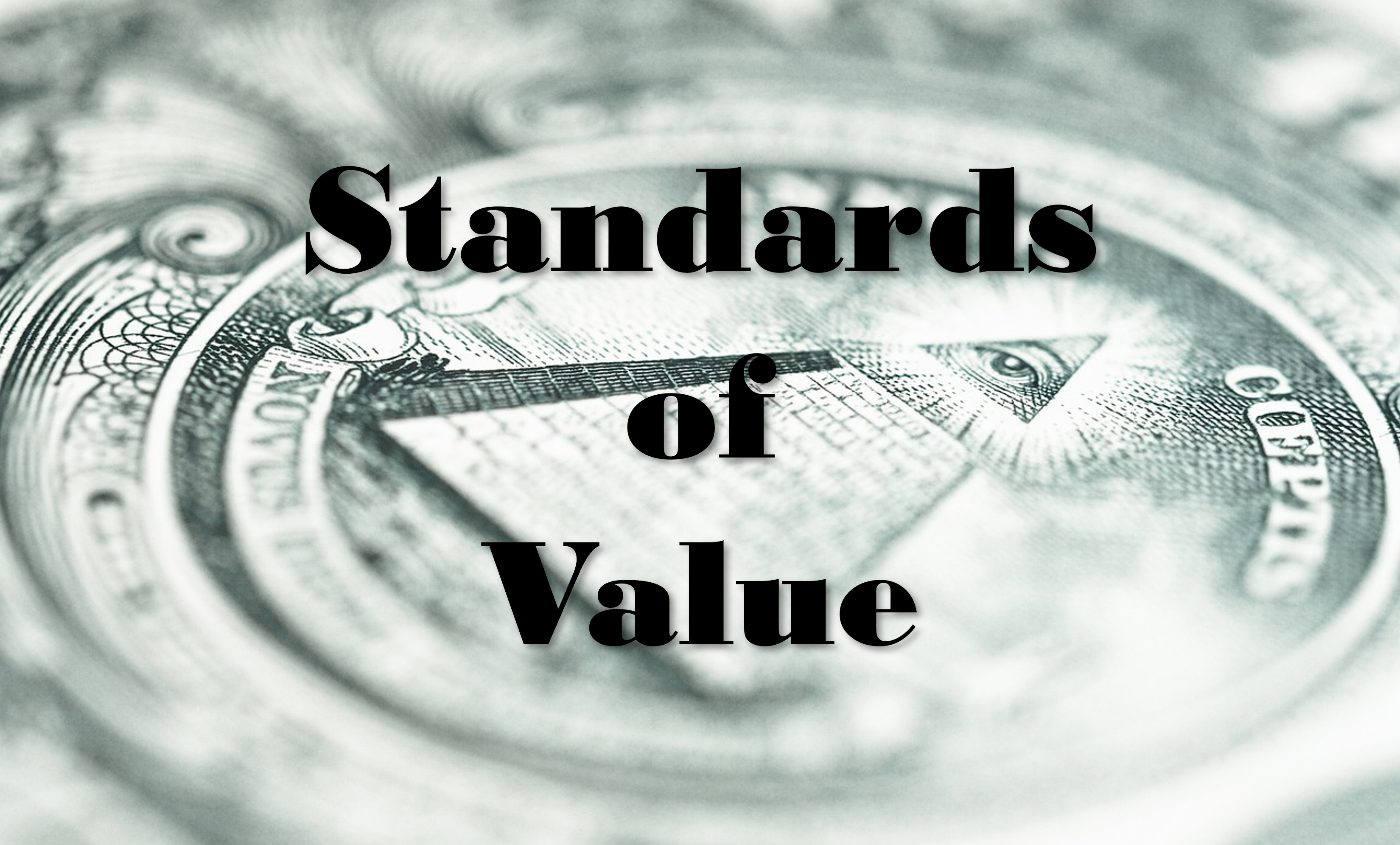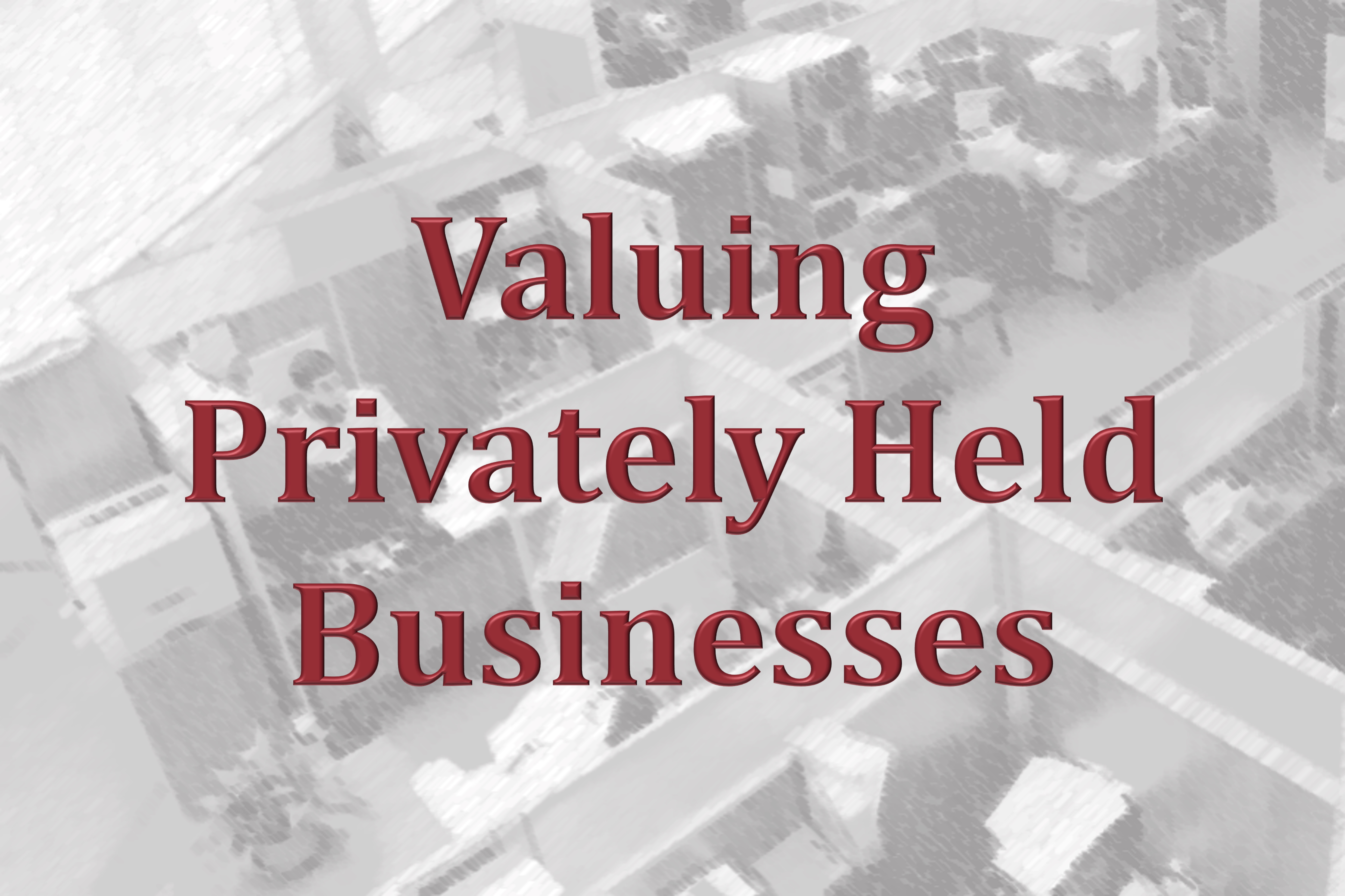When engaged to investigate a fraud examination, a forensic accountant has to be aware of the multiple fraud schemes that may have been employed by a fraudster. One such coom scheme is a bust-out.
Bust-out occurs when a company obtains goods from creditors and sells those goods for cash with the intention of never repaying them. Goods are ordered by a bogus company, usually with a name that resembles a well established, well known and reliable business but the company has no intention of paying for the goods. The company intends to buy the goods on credit, sell usually at a discount and leave the vendor with an unpaid accounts receivable.
The bogus company may also buy an existing company with good credit and use its good credit rating to order goods that they have no intention of paying for. The goods are sold usually at a discount and then the bogus company filed for bankruptcy forcing the supplier to write-off large bills.
In order to protect against a bust-out, prospective customers that are new businesses need to be evaluated carefully on whether credit should be extended to new companies. Other important factors that need to be analyzed are:
- Suspicious banking transactions such as cash infusions with no correlation to inventories
- False credit references
- Warehouses with high-volume, low-cost items
- Bankruptcy schedules that do not include receivables
- Fraudulent financial statements where actual inventory levels do not match recorded inventory levels
- Disproportionate liabilities to assets
- No existing corporate bank account
- Principals previously involved with failed companies
The investigative process of investigating a fraud allegation is complex. If you are interested in a consultation or retaining us as your financial expert, or if you have more questions, give us a call at (469) 467-4660.






